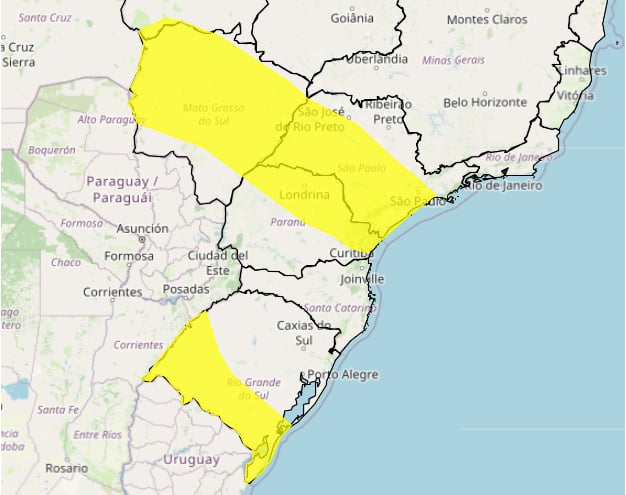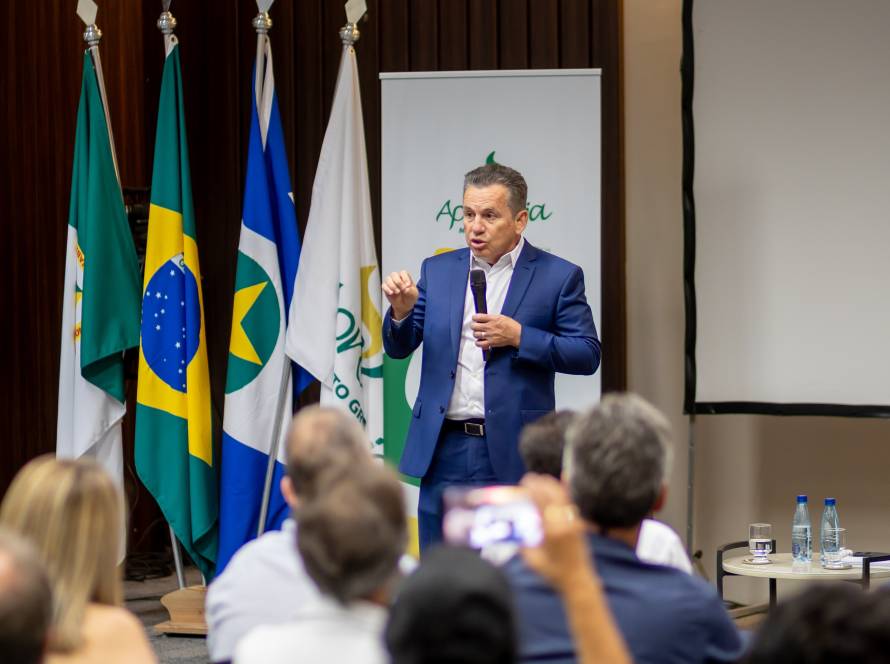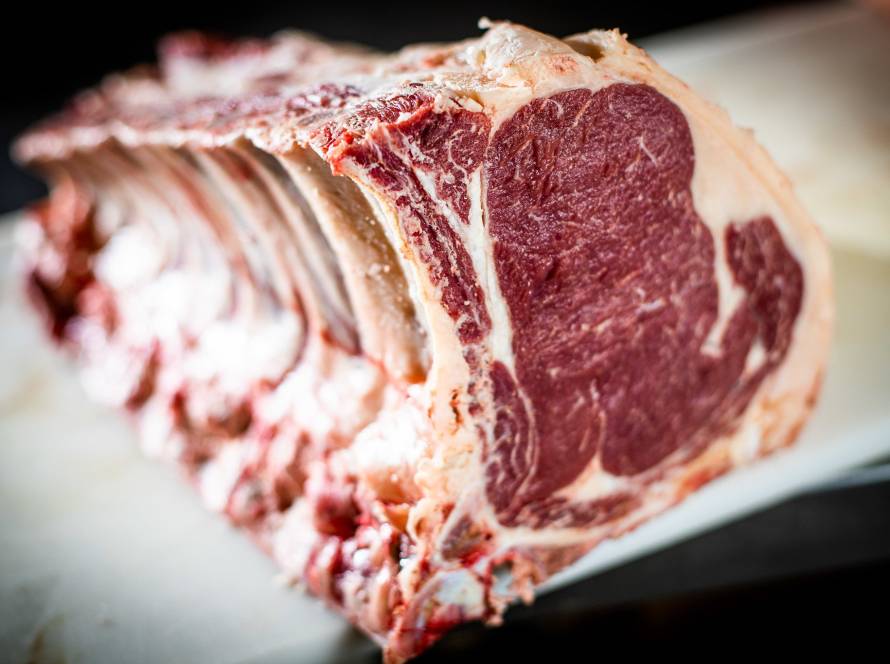On the border between Brazil and Paraguay, where asphalt turns into dirt roads and languages and cultures mix, the project was born of a group of agronomy students who, through the Jovem Sucessor Rural program, from Senar/MS, decided to plant much more than vegetables in the Paraguayan town of Zanja Pytá, they chose to cultivate dignity.
Encouraged by the program, the students created a simple but bold plan: to set up vegetable gardens in the homes of families in the community. What began with the sale of recyclable materials to buy the first seedlings became a socially impactful project that combined sustainability, alternative income and healthy food for those who needed it most.
“We want to demystify the idea that many people have that the border only has bad things. We are happy to know that we are making a difference for families and the entire community, as well as setting an example for the population that with small gestures you can achieve a beautiful goal,” says group member Ewerton Fernandes.
This is today's Transforming Lives story:
The transformation came silently, seedling by seedling, in yards that were previously idle. In Dona Selma Aguires' house, the weeds and rubble gave way to cabbage, chives and lettuce, but what really flourished was a new outlook on life.
“Even when I go to the market, I’m more careful when buying vegetables because I know all the work that goes into producing them. Before, there was dirt here. Now there’s life. My son takes care of the garden with pleasure. These young people didn’t just bring vegetables, they also brought care,” he says.
The change was not only felt in Dona Selma's house. Like her, other families in the community also saw their backyards transformed into productive, colorful and lively spaces. The project created new habits and strengthened the bonds between residents.
The initiative progressed so much that there was a surplus of produce. The young people then set out on another venture: entrepreneurship. “We didn’t expect it to be so successful. Many families produced more than they consumed. So we took all the surplus, put it in my vehicle and it was a real vegetable cart. To this day, people ask me if I have any lettuce,” he recalls.
Persistence
The Young Rural Successor program meetings took place on Saturdays at the Ponta Porã Rural Union. Every weekend, the instructors sowed ideas, awakened talents and ignited dreams.
“These meetings were sensational. Usually on Saturday mornings, we were tired from the weekly routine, but they managed to captivate and motivate us,” says Fernandes.
There were setbacks, of course. A car only for ten people, an engine that sometimes failed, improvised transfers to get to classes. However, there was never a lack of presence and will. “These difficulties and many others that happened during the project only gave us more strength to make a difference.”
Awards
Such dedication earned the Agro Fronteiras group second place in the Young Rural Successor program awards. The project stood out for its social impact and creativity in its execution, even with few resources. The proposal attracted attention for combining sustainability, inclusion and entrepreneurship.
“It’s incredible to be awarded for our efforts over the course of a year. The award wasn’t just for us, but for the families who accepted our proposal,” concluded the group’s representative.
Young Rural Successor
The Young Rural Successor program is a pioneering Senar/MS program created to prepare new generations for leadership in the field. Aimed at young people linked to the rural environment, the course covers topics such as family succession, social responsibility, public speaking, innovation, entrepreneurship, personal development and management in agribusiness. The aim is to train these future leaders with solid training, both technical and behavioral, so that they are ready to continue rural businesses with a strategic and sustainable vision.
The program, which lasts up to nine months, is free and is carried out in partnership with Rural Unions in several municipalities. Classes are held twice a month and include practical activities, workshops, technical visits and the development of projects aimed at real solutions to challenges in the agricultural sector. In addition to the training, the program promotes an award among the participating groups, recognizing the best ideas with the potential to transform the field.




